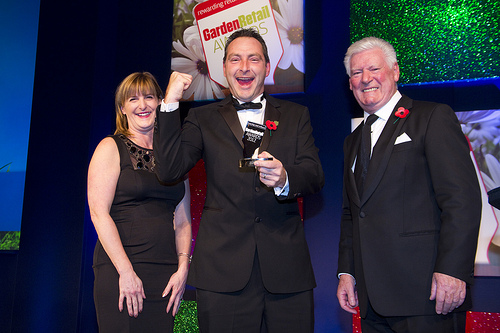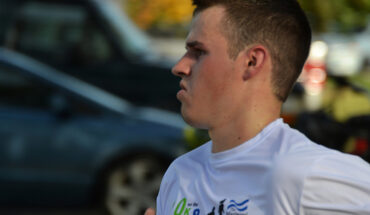
Go to any sales-based industry awards night and the plaques and certificates are handed out to people who earned the most money. These awards reflect the mantra that until someone makes a sale, no-one gets paid.
It’s no wonder, then, that sales managers set sales targets based on achieving results.
It’s an understandable reaction but results-based goals distract people from doing what really needs to get done so that individuals and teams can perform at their best.
In 2005 I set myself the goal of riding from Kalgoorlie to Perth (600 kilometres) in under 24 hours. Few thought it could be done.
After consulting with sports psychologist Neil McLean I broke the ride into around 8 smaller rides. Flowing from that strategy, when I left Hannan Street Kalgoorlie, in front of me was a short 40-kilometre ride to Coolgardie, not a 600 kilometre ride to Perth. Once there it was a quick hop to Bullabulling, then another to Southern Cross, then to Merredin and so on until we’d arrived in Perth.
Without breaking the ride down like that the sheer size of the starting goal would have been a de-motivator. When we arrived in Merredin (about the halfway mark) my focus was on riding the next 60 kilometres to Kellerberrin, not on the 300 kilometres left to ride to Perth. Working through the ride this way allowed me to tick off another job done in the process of achieving the much larger goal. For the record, we completed the ride in 19:06:32.
Had I had most sales managers in the support car they would have been shouting meaningless platitudes like “come on you can do it! You’re nearly half way!” If there’s one thing you don’t want to hear after you’ve just ridden 300 ks is that there’s another 300 to go.
And that’s exactly what adjunct professor at the University of San Francisco Jim Taylor recommends.
His advice to athletes at every end of the spectrum is that results are important but are best achieved by ignoring them.
Outcomes and results, Taylor advises, cause athletes to focus on something external to themselves and therefore on something that’s out of their control.
In contrast, process, “…involves focusing on what you need to do perform your best such as preparation, technique, or tactics. In contrast to an outcome focus, a process focus is entirely on you.”
According to Taylor, focussing on results leads to failure, not success.
He believes that if you focus on the outcome you’re not focussed on doing that which needs to be done to perform at your best. “The bottom line,” he says, “is that when you focus on the outcome, you are far less likely to get the outcome you want.”
On the flip side, focussing on process allows athletes to perform at their best. Results, then, are a reflection of the quality of their processes.
Taylor’s advice for coaches is this: “…if your athletes had a good day, don’t say “good job.” Instead, help them understand why they performed well. If they had a bad day, pat them on the back, tell them you still believe in them, and help them figure out how to perform better in the next competition.”
“Go through your routine (in practice or competitions). The purpose of a routine is to get yourself totally prepared to perform your best and, if well ingrained, to trigger thoughts, emotions, and physiology that will help you perform well. So, by going through your routine, you are reminded of the process and it takes your mind off of results.”
What are you doing to improve your processes?
Photo credit: Horticulture Week photos


